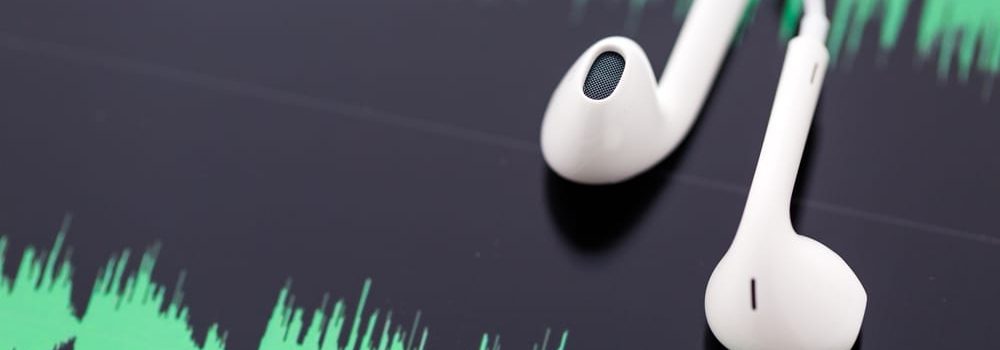
Hearing Precautions
Hearing Precautions for Listening to Loud Music
Digital devices have revolutionized the way people listen to music, providing libraries capable of housing mass quantities of music, increased battery power and volume capabilities that allow users to crank up their favorite tunes to 120 decibels – louder than a chainsaw or pneumatic drill and equivalent to a jet plane taking off.
According to the World Health Organization (WHO) an estimated 1.1 billion teenagers face the risk of hearing loss due to loud music. Listening to the car radio, attending a concert or heading to a night club can cause damage; ear buds are also a risk factor. Even at a lower volume level, being exposed for a long period of time can be a risk.
Though new mobile devices can provide entertainment while you work or play, they may also be a danger to your hearing if you are listening too loud.
Dangers
Loud noises can cause damage to the hair nerve cells (cochlea) in the inner ear that help send sound to the brain. When listening to music on the job, you may not realize how loud you are actually listening because you are also trying to drown out outside noise.
“Ten million Americans have already suffered irreversible hearing damage from noise; 30 million are exposed to hazardous noise levels each day.” (betterhearing.org)
Beyond volume, listening to music for an extended period of time is also damaging to the ear (even at reasonable levels). According to CBS News, those who are exposed to 85 decibels of noise for 8 hours can suffer irreversible hearing loss. Increasing that volume just three decibels for four hours can cause you to suffer the same amount of damages.
Anyone is susceptible to hearing loss, but if your family has a history of hearing loss, it’s wise to take extra precautions. Noise damages your ears almost the same way aging does, except continuous exposure to louder noise accelerates the process greatly. Remember to protect your hearing and take the precautions now because hearing loss is a permanent issue.
Protect Your Hearing
- Set the volume on your music player approximately two-thirds of the way to the maximum volume. This generally emits about 60 decibels of sound.
- Limit your listening to no more than one hour at a time with long breaks in between.
- Wear sound-isolating headphones that fit over your ears instead of ear buds. With ear buds, you are able to hear outside noise and may instinctively turn up the volume to better hear your music.
- Download volume-limiting software for your device, especially for kids devices if it’s available.
- If you are experiencing ringing in the ears (tinnitus) or muffled sounds after listening to music contact your doctor. If you are having trouble hearing during conversations with others; it may be time for a hearing test.
It’s Your Choice
Be aware of the risk of hazardous noises in your life and protect yourself, family & friends (especially children).
Keep in mind: One-third of permanent hearing loss is preventable with the proper prevention strategies.
